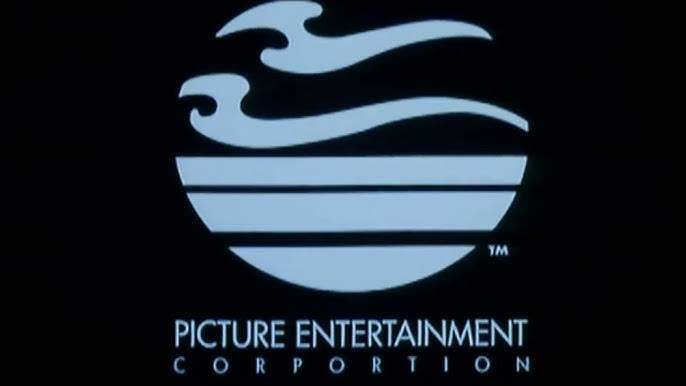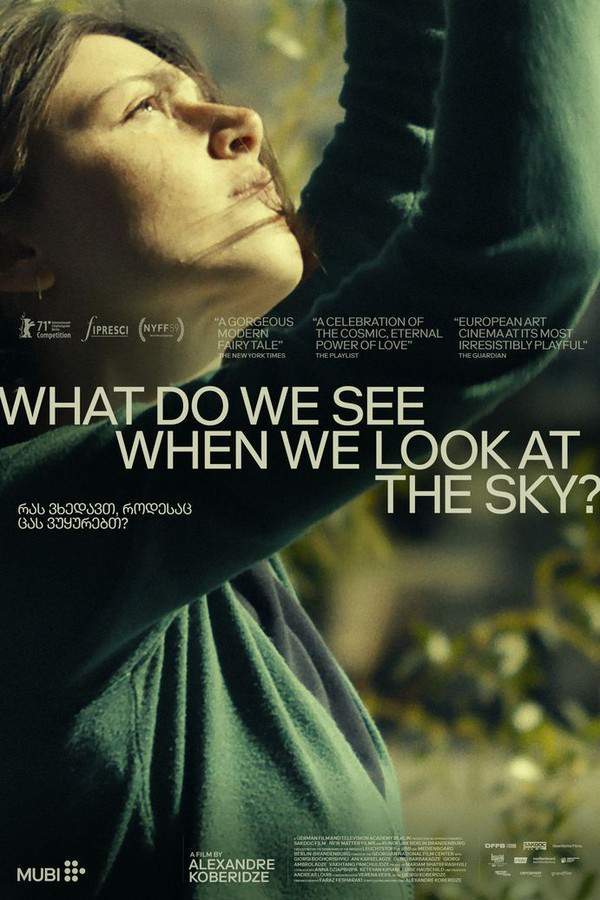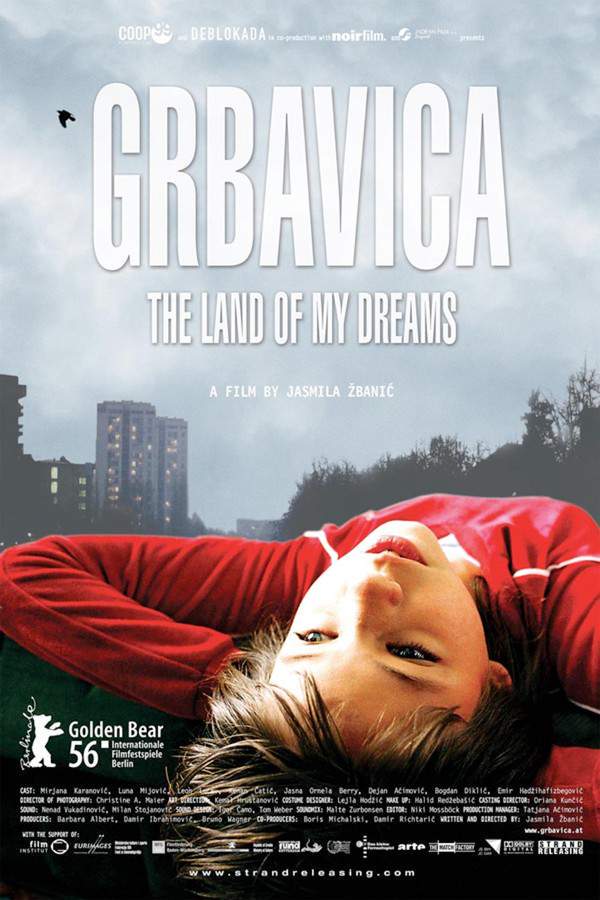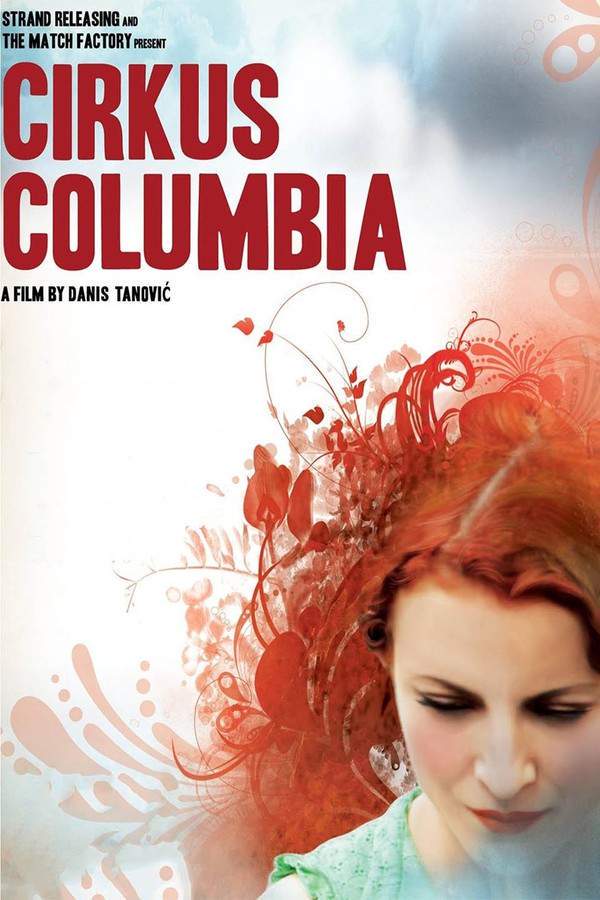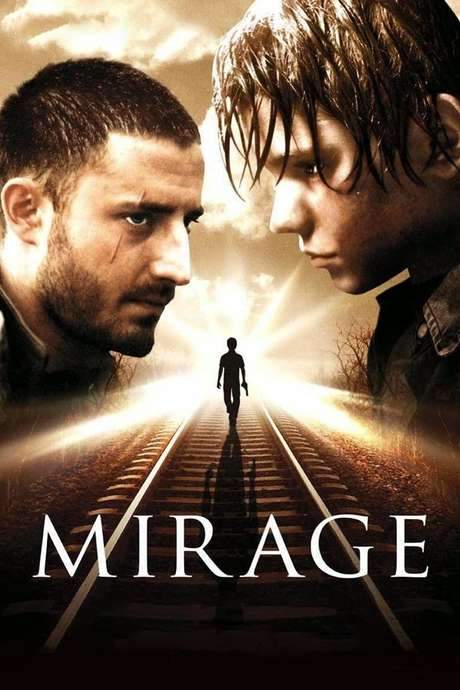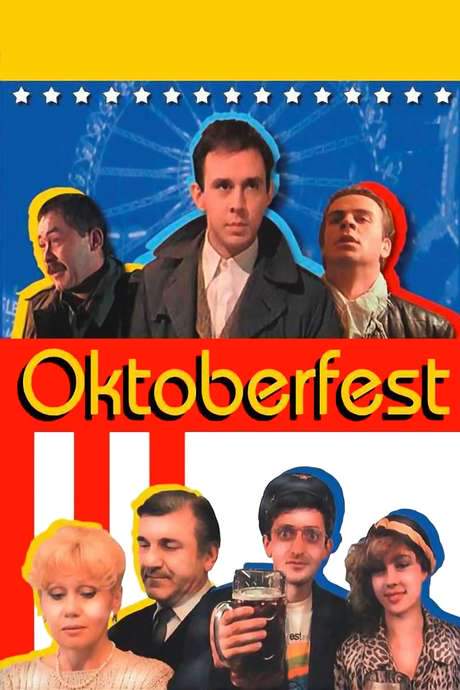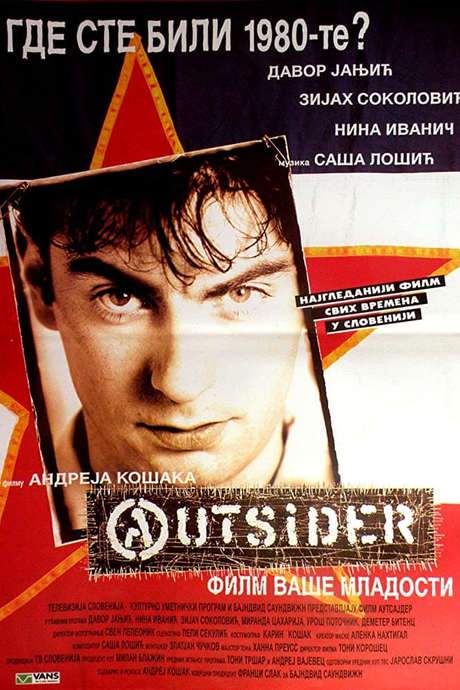Iluzija 2006
Runtime
107 min
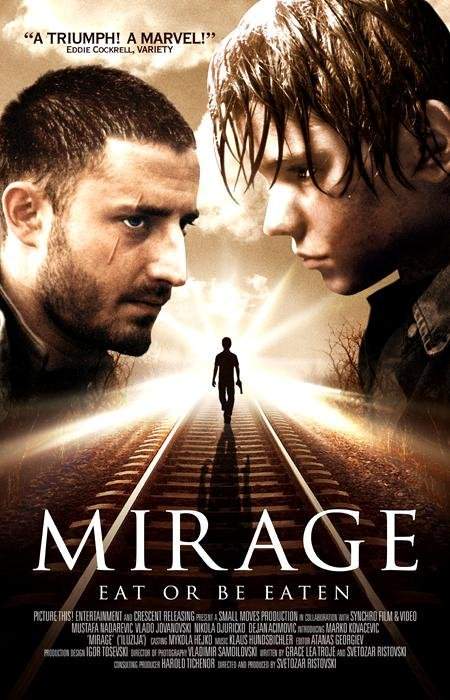
Amidst a landscape where hope seems scarce, a young poet named Marko finds refuge in a radiant city. When his teacher loses his resolve, Marko seeks guidance from an unexpected mentor. He learns that enduring hardship requires accepting one's authentic self, or face being overwhelmed by those around him.
Does Iluzija have end credit scenes?
No!
Iluzija does not have end credit scenes. You can leave when the credits roll.
Meet the Full Cast and Actors of Iluzija
Explore the complete cast of Iluzija, including both lead and supporting actors. Learn who plays each character, discover their past roles and achievements, and find out what makes this ensemble cast stand out in the world of film and television.
No actors found
External Links and Streaming Options
Discover where to watch Iluzija online, including streaming platforms, rental options, and official sources. Compare reviews, ratings, and in-depth movie information across sites like IMDb, Metacritic or Letterboxd.
Ratings and Reviews for Iluzija
See how Iluzija is rated across major platforms like IMDb, Metacritic, and TMDb. Compare audience scores and critic reviews to understand where Iluzija stands among top-rated movies in its genre.

61
Metascore
4.8
User Score

7.5 /10
IMDb Rating
Take the Ultimate Iluzija Movie Quiz
Challenge your knowledge of Iluzija with this fun and interactive movie quiz. Test yourself on key plot points, iconic characters, hidden details, and memorable moments to see how well you really know the film.
Iluzija Quiz: Test your knowledge of the poignant film 'Iluzija', exploring Marko's journey from innocence to chaos in post-independence Macedonia.
What is the main theme of 'Iluzija'?
Hope
Disillusionment
Friendship
Wisdom
Show hint
Full Plot Summary and Ending Explained for Iluzija
Read the complete plot summary of Iluzija, including all major events, twists, and the full ending explained in detail. Explore key characters, themes, hidden meanings, and everything you need to understand the story from beginning to end.
The film is set in Veles during the turbulent years following the Republic of Macedonia’s independence. It follows the harrowing journey of Marko Trifunovski, portrayed by Marko Kovacevic, a bright yet tormented 13-year-old schoolboy whose life of hardship tragically leads him down a path of criminality. Two mentors emerge offering him hope for a better future, only to ultimately fail him, resulting in his devastating transformation. The profound nature of his fleeting hopes is underscored by the film’s epigraph, a thought-provoking aphorism from Friedrich Nietzsche’s Human, All Too Human: > “Hope is the worst of evils, for it prolongs the torments of man.”
The narrative begins to unfold with an insightful glimpse into Marko’s struggles. Residing in a dilapidated home adjacent to a bustling railway track, he experiences profound neglect from his family—his father Lazo (Vlado Jovanovski), a bingo addict embroiled in a workers’ strike; his oppressed mother Angja (Elena Mosevska); and his sister Fanny (Slavica Manaskova), whose abusive and promiscuous behavior compounds Marko’s suffering. School is no sanctuary for him, as he faces relentless bullying at the hands of Levi (Martin Jovchevski), the son of the local Albanian police chief Blashko (Dejan Acimovic). Seeking solace from his incessant woes, Marko often retreats to a nearby train graveyard, passing the time by playing chess.
A sensitive soul, Marko demonstrates a remarkable talent for poetry; a fellow character whimsically dubs him “Koco Racin II.” At this juncture, a Bosnian teacher of Macedonian, Mustafa Nadarevic, becomes a guiding light for Marko, encouraging him to enter a French-sponsored poetry competition, the outcome of which could secure him a chance to represent Macedonia in Paris, the epitome of artistic aspiration. He also motivates Marko to present his poem at their school’s forthcoming Independence Day festivities, filling him with dreams of literary success and escape from his constrained life.
Yet, Marko’s attempts are met with obscurity from his family and ridicule from his peers. Although his teacher displays kindness, he ultimately offers little substantial support, retreating when he witnesses Levi’s gang cruelly assaulting Marko outside his home. Attempts to banish Levi from his classes are thwarted by Blashko’s interference. Complicating matters, Fanny’s affair with a Kosovo Force soldier becomes a new source of torment for Marko, fueling the malice of his racist bullies.
In a twist of fate, a scarred soldier known as Paris (Nikola Djuricko) begins to spend time in the train graveyard, where he plays chess with Marko. Interestingly, the missing pawn is replaced with a bullet, an ominous symbol reflecting the reality Marko faces. Paris assumes the role of Marko’s new mentor, providing him with survival wisdom such as “Eat or be eaten.” He promises to facilitate Marko’s departure from their troubled town in the future. Under Paris’s dubious influence, Marko begins to engage in drinking, smoking, and stealing, participating in burglaries—including a significant heist at a local Orthodox church—to finance their escape.
Eventually, Marko finds himself in deep trouble when caught selling stolen perfumes, leading to police custody. Blashko blackmails him into becoming Levi’s tutor, who in turn coerces Marko into joining his gang for a school break-in, threatening him with his father’s weapon. Meanwhile, Marko’s teacher harshly critiques his poetry, leaving him devastated. In desperation, Marko implores Paris to teach him the art of shooting. Initially dismissive, Paris eventually concedes.
The climax reaches a breaking point when Levi’s gang, accompanied by Marko, breaks into the school. They ruin the head office, igniting student records and leaving Marko trapped in a burning room. Marko is scarred by a broken bottle during his escape, and the night watchman recognizes him. Seeking refuge back at the train graveyard, he discovers that Paris has abandoned him, leaving behind the pawn bullet as a painful reminder of their bond.
Summoned by the principal to discuss the vandalism, Marko stands his ground, refusing to betray Levi and his gang. Consequently, he is labeled a delinquent and expelled from school, with no support from his teacher, who reports him for his substance usage. After the teacher replaces him with classmate Jasmina (Marija Sikalovska) for the Independence Day event, ghostwriting a patriotic poem for her, Marko confronts the brewing storm at school.
In an act of defiance, Marko confronts Levi’s gang and takes Levi’s gun by force, loading it with Paris’s bullet. Armed with newfound resolve, he faces his teacher during the Independence Day celebration, denouncing him for abandoning his hopes for Marko. In a shocking and tragic conclusion, he states, “There is no escape from the sewer,” and fatally shoots his teacher from close range. As he stumbles away from the chaos, the camera lingers on the lifeless form of his teacher, culminating the film with the haunting strains of Erik Satie’s Gnossienne No. 3.
Uncover the Details: Timeline, Characters, Themes, and Beyond!

Coming soon on iOS and Android
The Plot Explained Mobile App
From blockbusters to hidden gems — dive into movie stories anytime, anywhere. Save your favorites, discover plots faster, and never miss a twist again.
Sign up to be the first to know when we launch. Your email stays private — always.
Discover Film Music Concerts Near You – Live Orchestras Performing Iconic Movie Soundtracks
Immerse yourself in the magic of cinema with live orchestral performances of your favorite film scores. From sweeping Hollywood blockbusters and animated classics to epic fantasy soundtracks, our curated listings connect you to upcoming film music events worldwide.
Explore concert film screenings paired with full orchestra concerts, read detailed event information, and secure your tickets for unforgettable evenings celebrating legendary composers like John Williams, Hans Zimmer, and more.


Iluzija Themes and Keywords
Discover the central themes, ideas, and keywords that define the movie’s story, tone, and message. Analyze the film’s deeper meanings, genre influences, and recurring concepts.
Iluzija Other Names and Titles
Explore the various alternative titles, translations, and other names used for Iluzija across different regions and languages. Understand how the film is marketed and recognized worldwide.
Similar Movies To Iluzija You Should Know About
Browse a curated list of movies similar in genre, tone, characters, or story structure. Discover new titles like the one you're watching, perfect for fans of related plots, vibes, or cinematic styles.
Quick Links: Summary, Cast, Ratings, More

What's After the Movie?
Not sure whether to stay after the credits? Find out!
Explore Our Movie Platform
New Movie Releases (2026)
Famous Movie Actors
Top Film Production Studios
Movie Plot Summaries & Endings
Major Movie Awards & Winners
Best Concert Films & Music Documentaries
Movie Collections and Curated Lists
© 2026 What's After the Movie. All rights reserved.

